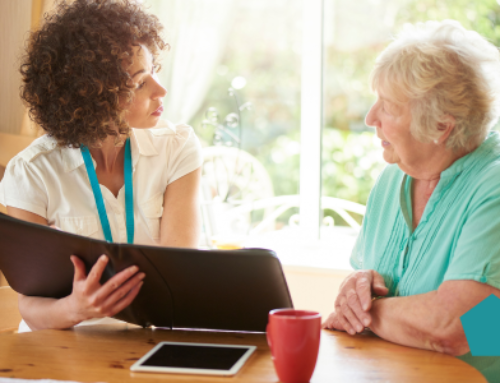Assuming the role of caretaker for a family member with Alzheimer’s is no easy task. As you may have heard before, the condition of individuals diagnosed with dementia progressively worsens over time, which only adds to the caregivers’ responsibilities. What many caregivers often forget is that they don’t have to do it alone – taking the time for caregiver self-care can improve the well-being of both caregiver and those affected by dementia or Alzheimer’s.
Importance of Caregiver Self-Care
Ensuring to care for yourself above all is of the utmost importance in regards to caregiving. If a caregiver neglects self-care, they will not be able to fully carry out their care-taking duties. However, many family caregivers still fail to prioritize their own needs, which ultimately negatively affects the person they care for.
Health Issues from Caregiving
Researchers have spent ample time deciphering the effects that caregiving can have on your health and well-being. Their research shows that the physical and mental strain of caregiving can put you at risk for considerable health issues, especially as your body becomes more vulnerable with age. In fact, according to Caregiving as A Risk for Mortality: The Caregiver Health Effects Study, caregiving spouses aged 66 to 96 that experience emotional strain have a 63 percent higher chance of risking death.
Older caregivers are not the only ones who should be concerned with their personal health. Members of the baby boomer generation who have assumed the role of caregiver for their aging parents have an increased risk of depression, chronic illness, and potential deterioration in quality of life. These negative effects are most likely due to simultaneously handling their caregiving duties, working a job, raising their children, and managing the overall responsibility that comes with this type of lifestyle.
Unfortunately, despite these risks to their well-being, caregivers as a whole are more likely to neglect self-care than non-caregivers. Regardless of the caregiver’s background, they collectively report the following problems while managing their caregiving tasks:
- Sleep deprivation
- Poor eating habits
- Lack of exercise
- Neglecting to stay in bed when ill
- Postponement of or failure to make personal medical appointments
How to Avoid Health Issues
Avoiding burnout should be a main goal of a caregiver, and doing so requires proper attention to personal needs. Here are ways for caregivers to avoid and reduce risk of health issues:
- Watch for signs of stress – impatience, loss of appetite, or difficulty with sleep, concentration or memory.
- Note changes in your mood, inability to complete typical tasks, or loss of interest in usual activities.
- Eat healthy and stay hydrated.
- Exercise – even if it’s 10 minutes a day!
- Schedule short rest periods.
- Get a proper night’s sleep.
- Set limits and goals – be realistic!
- Find activities that spark your own interest.
- Allow people to help.
- Give yourself credit.
Hire Help
Although you may hesitate to reach out for assistance in your caregiving journey, hiring a certified home health aide to help lighten the load can help you focus on your own health and well-being.
Home to Stay is one of the best non-medical home care service providers with an emphasis on supporting seniors with dementia related diseases. Our certified home health aides can help you in a number of different ways, including – but not limited to:
- Keeping your loved one in the comfort of their home
- Assisting with daily living activities
- Companionship
- Outside-the-home errands as needed
Contact Home to Stay Senior Care Solutions today to get started on receiving the necessary assistance for your caregiving experience.













